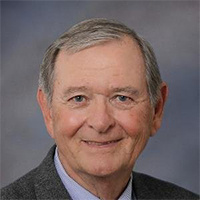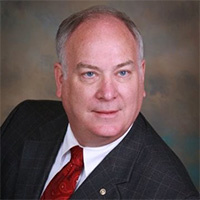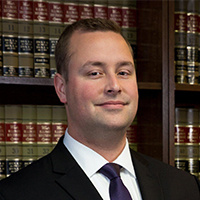Winnebago County, IL RICO Act Lawyers
Sponsored Law Firm
-
 x
x

Click For More Info:
-
The Law Offices of Richard L. Cooper, P.A.
848 Brickell Avenue Suite 800 Miami, FL 33131» view mapDWI/DUI, Drug Trafficking, Felony Nationally Ranked Top 40 Under 40
With Richard L. Cooper you can expect a trusted confidant who will work diligently to fully understand your case and determine a road map to help you regain control of your life.
800-756-2781
Not enough matches for Winnebago RICO Act lawyer.
Below are all Winnebago lawyers.
Amanda Louise Brasfield
Amanda Brasfield is a highly experienced trial attorney with a focus on personal injury litigation. From medical malpractice to construction accident ... (more)
Craig P. Mannarino
Since joining Kralovec, Jambois & Schwartz in 1997, Craig Mannarino has consistently obtained significant jury verdicts and settlements for his client... (more)
Keith Morse
✓ VERIFIEDAttorney Keith S. Morse has more than 45 years of experience representing clients in a diverse range of practice areas. Drawing on his various experie... (more)
Michael Jonathan Smith
✓ VERIFIEDAttorney Michael J. Smith was born and raised in Rockford, Illinois. He graduated from Jefferson High School in 1973. He then attended Murray State Un... (more)
Robert Eugene Canfield
✓ VERIFIEDAttorney Robert (Bob) Canfield was born and raised in Rockford, IL. He graduated from Guilford High School in 1965. After joining the Army in Februa... (more)
Thomas Laye
✓ VERIFIEDThomas was born and raised in Cherry Valley, Illinois. He attended Western Illinois University where he received his Bachelor’s in Law Enforcement a... (more)

 Richard L. Cooper Miami, FL
Richard L. Cooper Miami, FL AboutMiami Attorney at Law
AboutMiami Attorney at Law ServicesCriminal Defense
ServicesCriminal Defense






